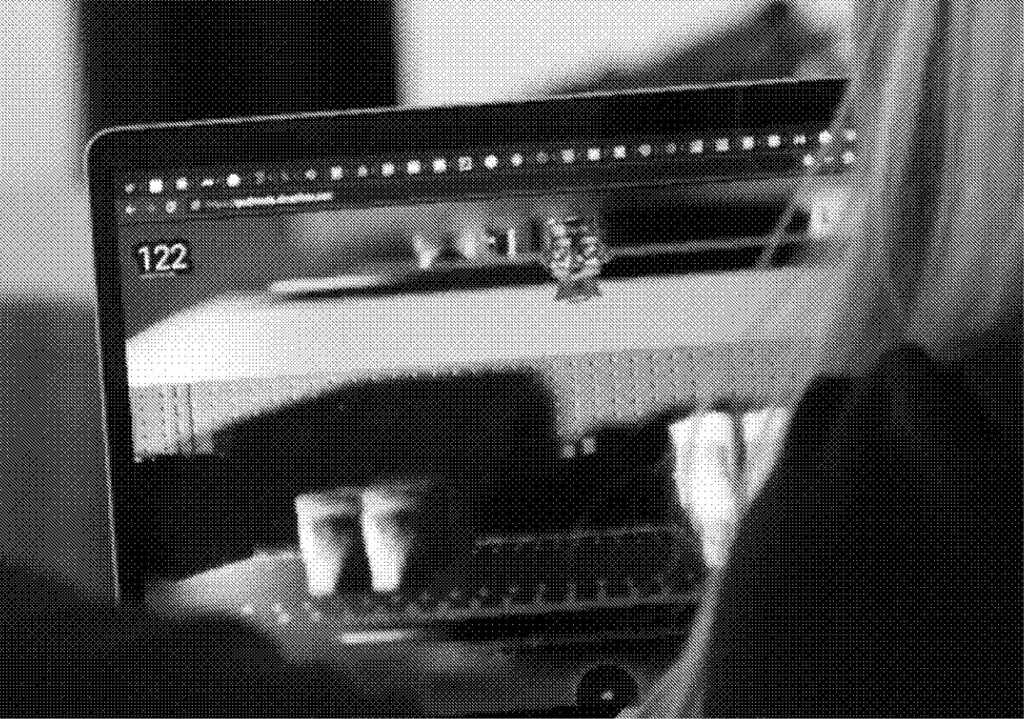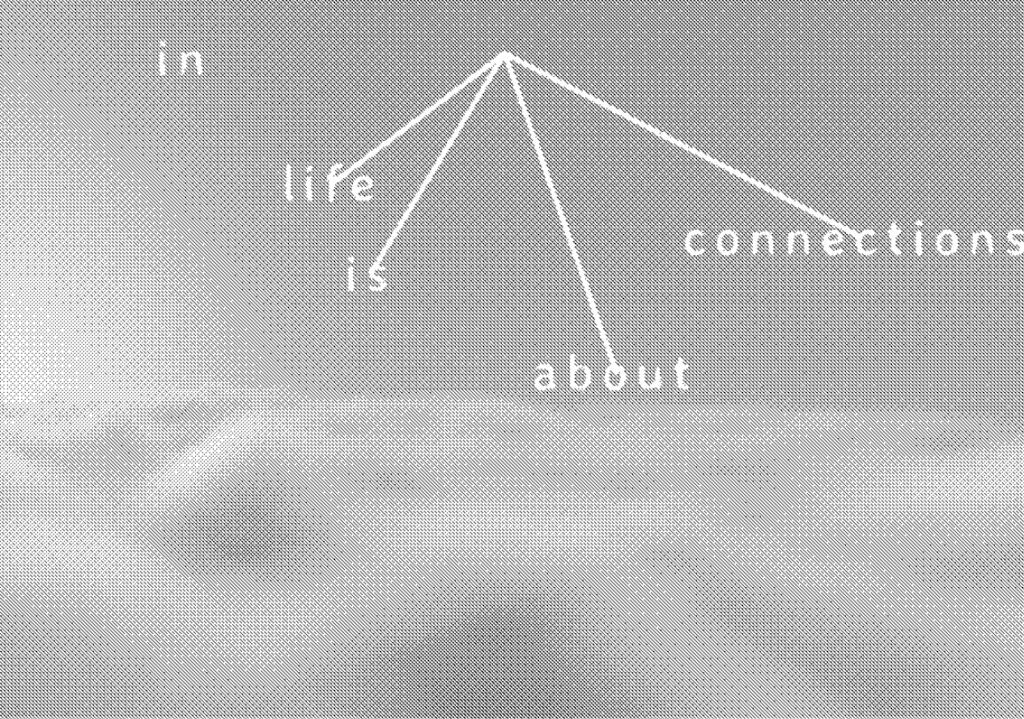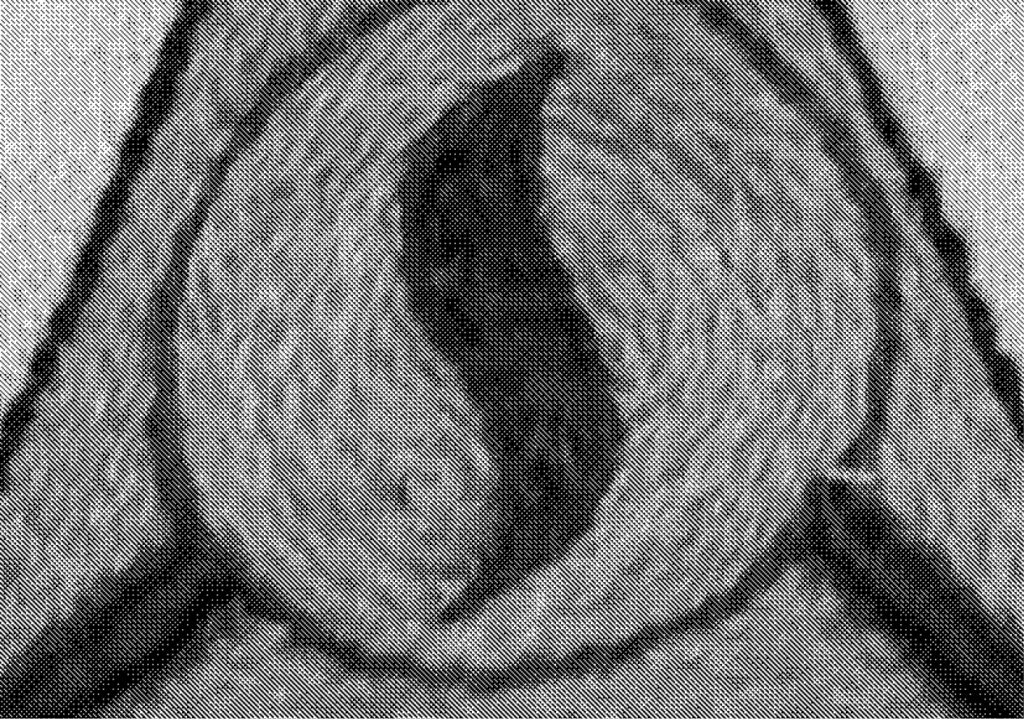AI & Algorithmic Cultures is a research group at the Centre for Postdigital Cultures, Coventry University, launched in June 2021. We aim to critically question current definitions and uses of algorithms and AI, and to re-imagine and re-define them through practice and publishing, drawing from artistic research, anthropological methods and technical development. Research excellence is thereby achieved by combining technical innovation with artistic practice and multicultural research to address important societal and environmental issues related to AI and algorithmic cultures, addressing for example UKRI’s Grand Challenge on Artificial Intelligence and Data.

Our approach
If we take literally the term ‘postdigital’, it implies what is beyond or after the digital, while at the same time recognising that ‘the digital’ is deeply embedded in ‘our’ world. Therefore we might question which and whose world, as the digital is not evenly distributed; more broadly we might question and define what ‘the digital’ is exactly. Becoming postdigital presumably does not mean abandoning technology to return to a pre-digital world, so can we identify what aspects we might want to retain or redistribute?
If we decouple ‘the digital’ from specific technologies, we arrive at an ontology based on binary classifications and quantitative measurement. Taking this as a starting point, can we imagine AI and algorithmic cultures that are less binary and less quantitative? If a digital ontology relies on absolute language to differentiate and quantify things, a first task might be to question and redefine AI and algorithmic cultures in a way that avoids this. We therefore question the terms ‘artificial’, ‘intelligence’, ‘algorithmic’ and ‘culture’ as singular, distinct things, and take a more qualitative, more inclusive approach.
Team
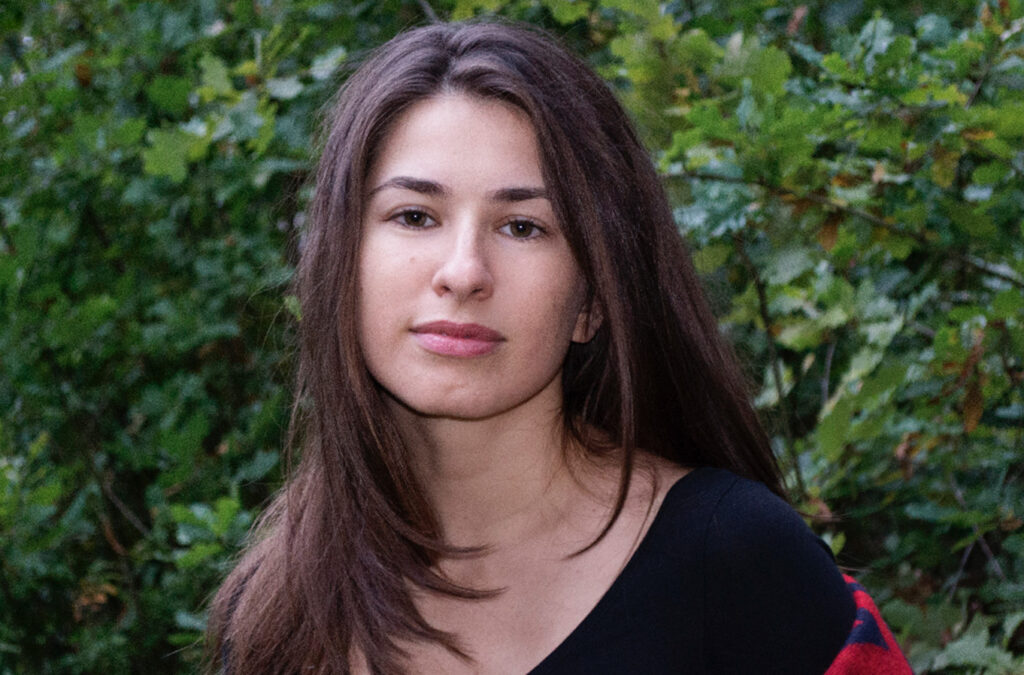
Melani De Luca is a graphic designer, researcher, and artist. Her work is a critical reflection on contemporary cultural phenomena and their influence on society. She focuses on pop and visual culture, analysing social backgrounds connected to digital mass media. Her practice combines various media such as editorial design, sculpture, installation. In 2017 (first edition) and 2019 (second edition), she published her first book entitled Post-Butt, The Power of the Image with Onomatopee, Eindhoven, Netherlands.
De Luca holds a MA in Information Design from the Design Academy Eindhoven and is currently a PhD candidate in Design Sciences at IUAV, University of Venice. Her research focuses on the potential augmentation of working processes in visual identity projects through Machine Learning. She is also a lecturer in the BA Graphic Design and Digital Media program at Abadir Academy of Design and Visual Arts in Catania, Italy.
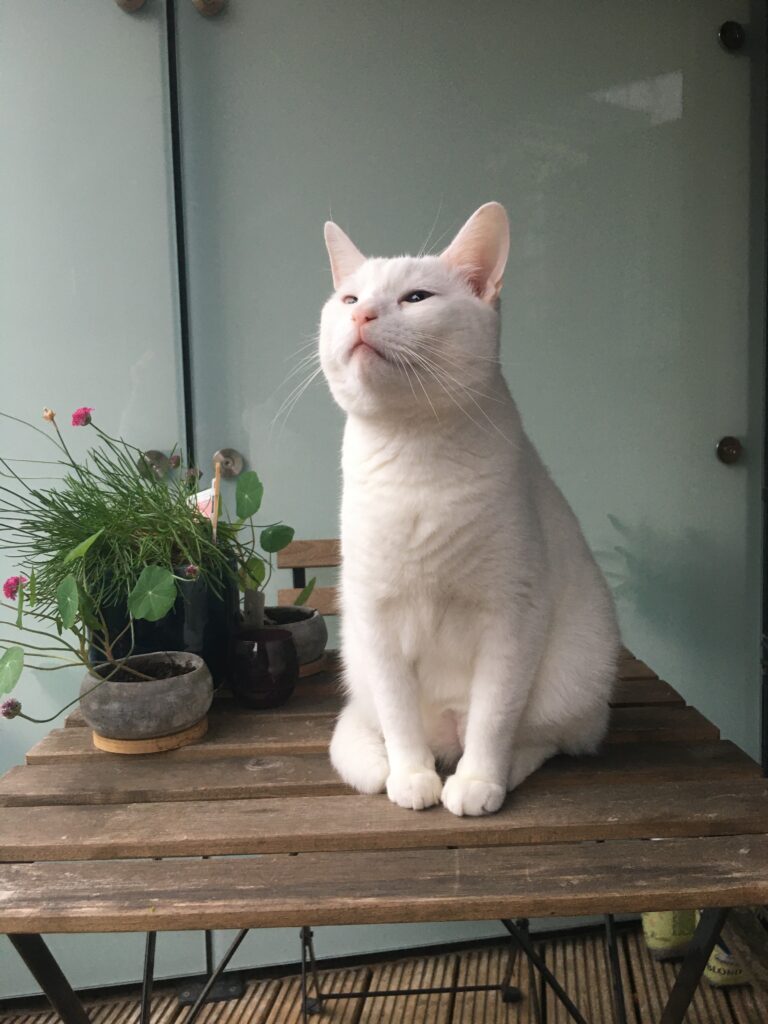
Phaedra Shanbaum is an Assistant Professor of Digital Media at the Center for Postdigital Cultures at Coventry University, exploring the relationship between the body and technology in contemporary digital media art installations and performances. Her research interests lie at the intersection of media and cultural theory, HCI and fine-art. She is the author of Interfaces and Interactive New Media Installations (Routledge, 2019) and Aesthetics, Gender and Disability in New Media Art (Routledge, Forthcoming).

Maria is an architect, designer and researcher primarily operating within the domestic scale. She completed her architectural studies in Greece followed by an MA in Design: Critical Practice from Goldsmiths University (London, UK). Her interdisciplinary research and practice move between spatial and object design, Human-Computer Interactions and Future Studies. Using mixed media (both digital and physical), along with informed research, she experiments with mechanisms and (im)material constructs invading domestic environments and disrupting everyday performativity in order to reinvent relationships between humans, non-humans and the built environment. Lately, she has been questioning normalized, tech-driven and human-centered, interactions between humans and technological entities within home in order to expand their entanglements beyond functionality and ‘intelligence’. These themes are explored as part of her current practice-based PhD research undertaken at the Centre for Postdigital Cultures (Coventry University, UK), with funding from the UKRI (UK) and the Onassis Foundation (GR). Her PhD focuses on human-computer interactions within home, more specifically those between humans and Intelligent Personal Assistants (IPAs), and how these can be re-configured in more open-ended and creative ways through the concept of ‘idiocy’.
Her current research has been presented in the following conferences: ‘Anthropology, AI and the Future of Human Society’, co-organized by the RAI (Royal Anthropological Institute of Great Britain and Ireland), the BSFA (British Science Fiction Association) and the FAN (Future Anthropologies Network), 2022; ‘DIS’22’, the ACM SIGCHI Conference on Designing Interactive Systems, 2022; ‘ECAH 2022’, the 10th European Conference on Arts and Humanities, UK, 2022; ‘PDC 2022’, the Participatory Design Conference, UK, 2022; ‘DRS 2022’, the Design Research Society Conference, ESP, 2022; ‘Future Bodies’, the New Media Caucus Symposium, US, 2022.
In 2020 she was awarded the Artworks Fellowship (funded by the Stavros Niarchos Foundation) under the category of ‘Visual Arts’, and her practice-based work has been awarded, published and presented internationally. She combines her research interests with her passion for experimenting with crafting techniques and materials to animate the ineffable and peculiar inner life of the objects around her.
Website: https://maria-tsilogianni.webflow.io

Kevin Walker leads the research theme of AI and Algorithmic Cultures, working across art and design, anthropology and technology. He explores natural and computational systems, temporality and environmental sustainability, through hardware and software development, installations and performances, academic and creative writing.
projects
publications
(descending by date)
